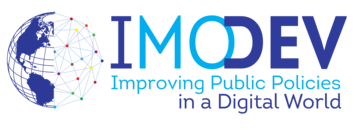Privacy & Open Gov.
Salle / Hall : Bibliothèque Sainte-Barbe - Amphithéâtre
Horaire / Schedule : 15h05 - 16h25
Président de séance : Steve Friedland (Professor of law and senior scholar - Law School faculty - Elon University - United States)
Langue / Language : English
Speech 1.
Russell Weaver - Professor of Law & Distinguished University Scholar, University of Louisville Louis D. Brandeis School of Law (United States)
Speech 2. Privacy: The Impact of the Internet of Things on Privacy in Open Government
Steve Friedland - Professor of law and senior scholar, Law School faculty, Elon University (United States)
Privacy can be seen as a personal right or an important pillar of open government. Yet, understandings of privacy are changing at breakneck speed in the digital era. In essence, privacy has become transmogrified; a shapeshifter. These new understandings have outpaced the law and regulations of privacy. A particularly transformative influence has been the Internet of Things (IoT). The IoT, a series of networks often but not always connected through the Internet, have created "smart" watches, phones, houses, cars, clothes, and even cities. They also have created a degree of interconnectivity that has made it virtually insuperable to live off of "the grid" in the modern era, allowing for government tracking in unprecedented ways. This paper explores the influence of the IoT, the mass self-surveillance it produces on privacy, and the new shapes of privacy that are emerging as a result.
Speech 3. Is the fight against money laundering and financial crime compatible with privacy concerns?
Yves Delwaulle - Doctorant, Université Paris 1 Panthéon-Sorbonne
Investigation means in many cases, to disclose information and in this matter, when it comes to bank secrecy, there is a lot of confidential data that cannot be sent without the prior approval of the data owner and the bank.
Find the good balance between this and the legal investigation, which has to be transparent for democratic purpose , seems to be almost impossible.
This situation is even more complicated when the banks drive this kind of investigation from a government request even if this task should be performed by a State department or agency



